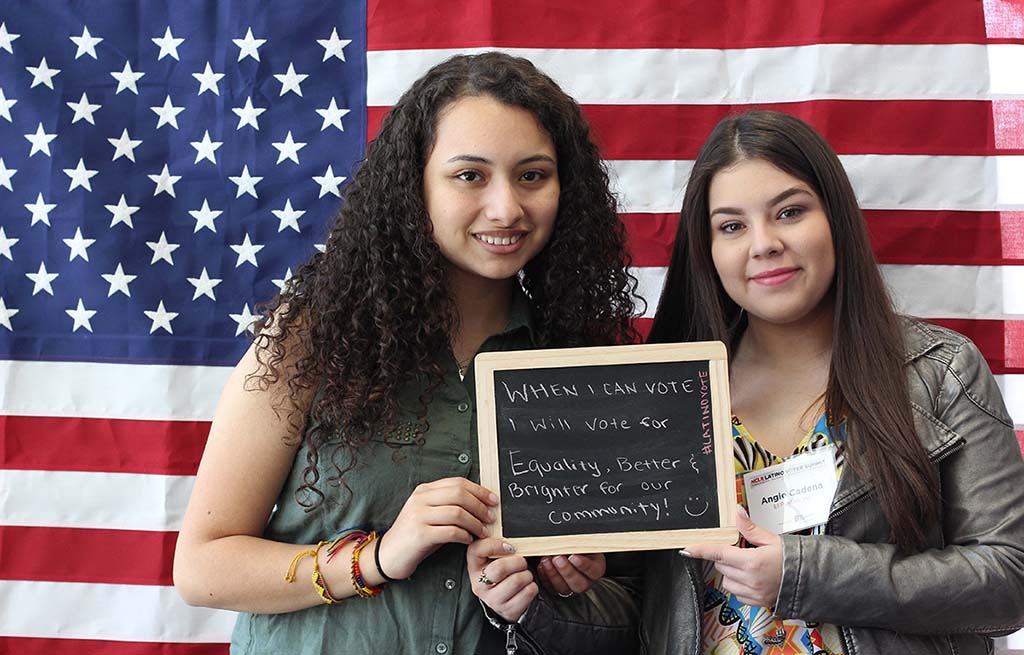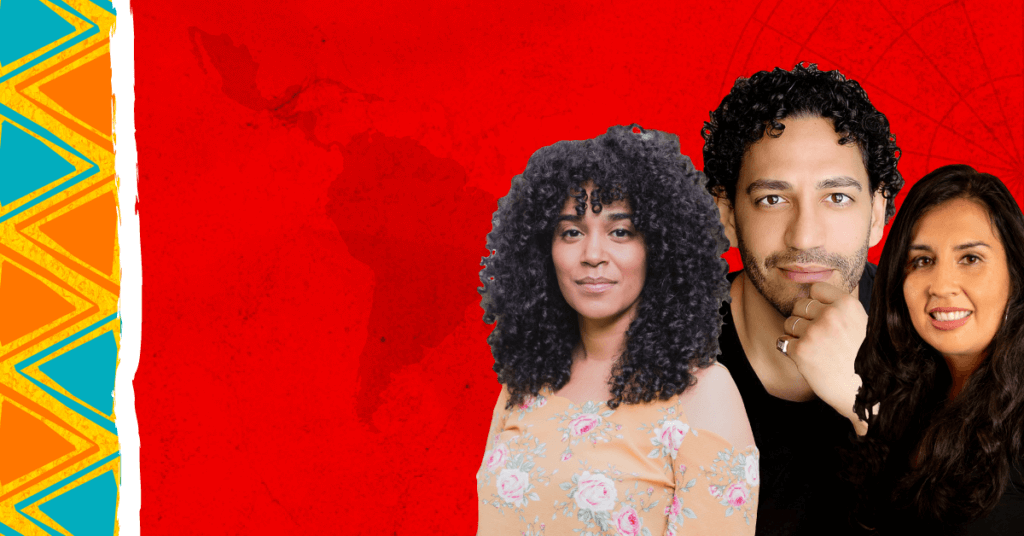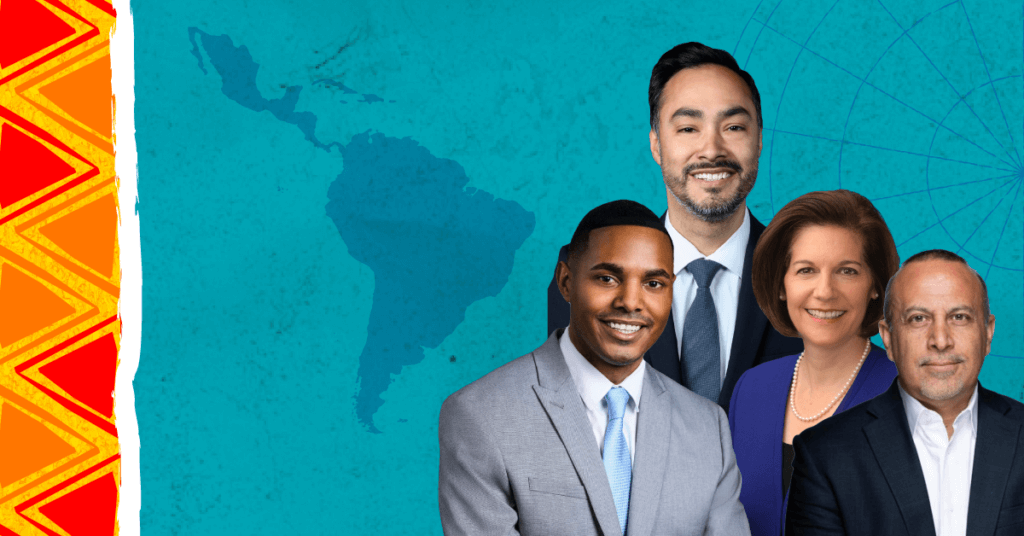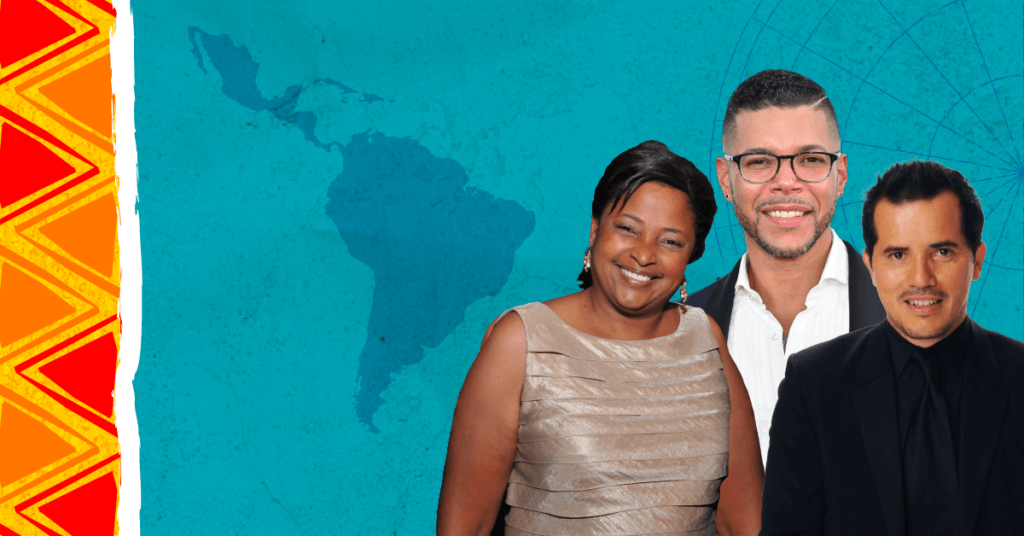Latino Voters Will Play a Pivotal Role
By Janet Murguía, President and CEO, NCLR
(Originally posted in Newsweek)
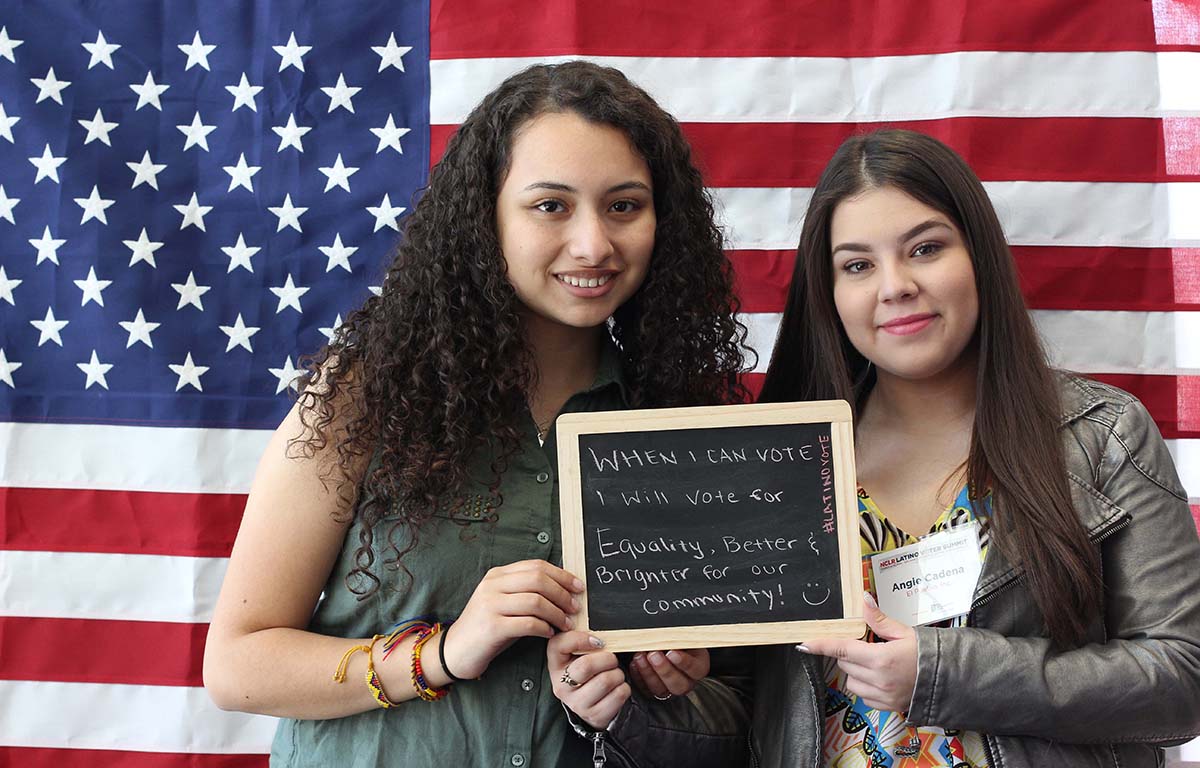
As we embark on Hispanic Heritage Month, and ahead of the first presidential debate, it is no secret how different this election cycle has been for many Latinos in America. None of us anticipated the extent our community would be the face, and in many ways the target, of the most prominent issue of this election season: immigration.
Keep up with the latest from UnidosUS
Sign up for the weekly UnidosUS Action Network newsletter delivered every Thursday.
Led by Donald Trump, the tone of 2016’s immigration discussion has managed to cast aspersions well beyond those personally affected by immigration policy to include attacks on the Latino community as a whole. From denigrating Mexican Americans as “criminals, rapists, and drug dealers” to questioning the integrity of an American judge based solely on his Latino heritage, Trump has demonized our community and advanced the dark and baseless notion that Latinos are a threat, and not a strength, to our country.
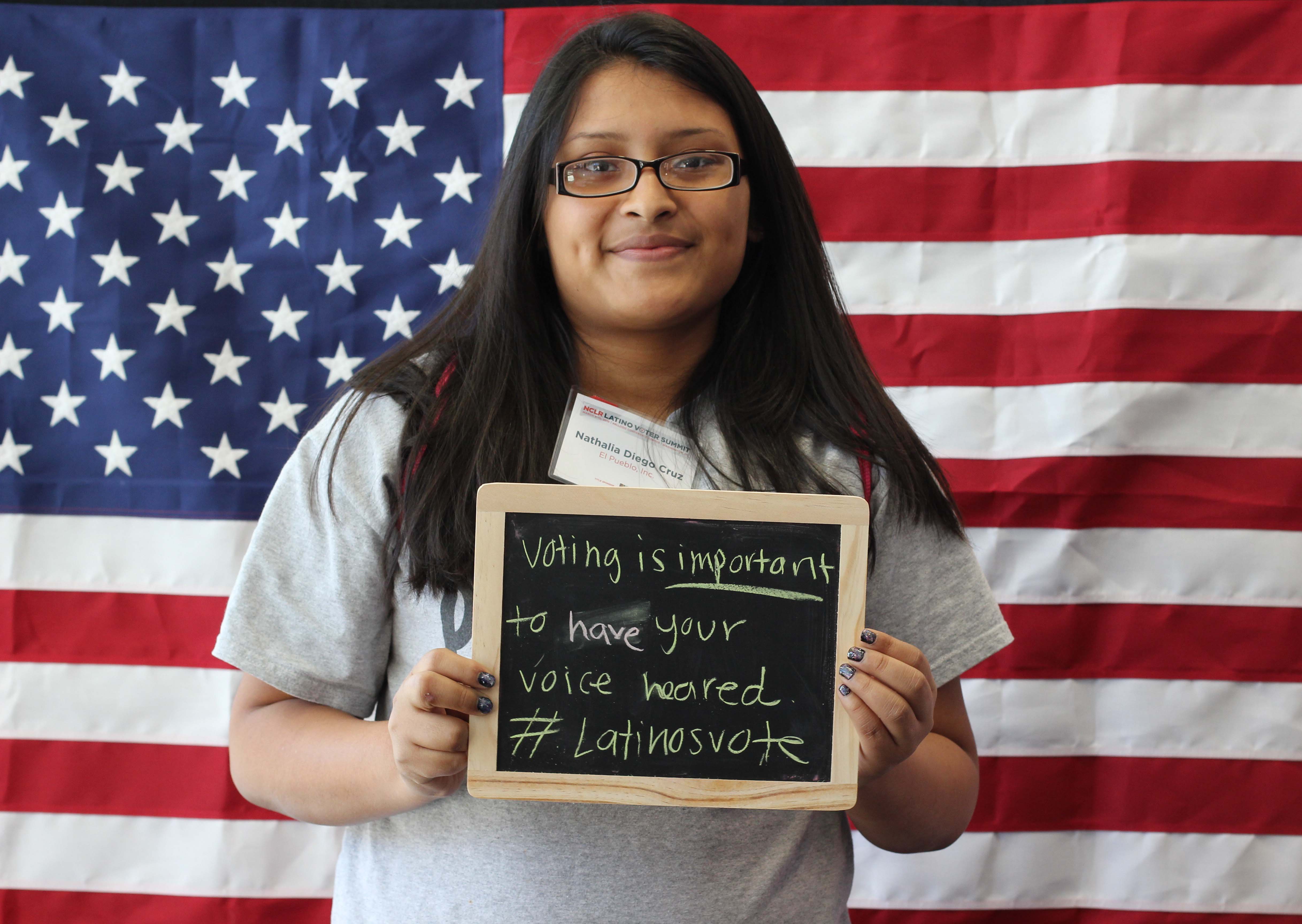
But perhaps lost in the rollercoaster ride of the 2016 elections has been the fact that what was expected—Latino voters playing a pivotal role—is happening. As I have said often, the road to the White House runs through Latino communities.
For an election cycle that has focused a lot about Latinos, we need to ensure that the country hears from Latinos. Despite some of the rhetoric that equates “Latinos” with “immigrants,” more than three out of four Latinos in America already are U.S. citizens—93% among Latinos 18 and younger. Nearly half of Latino potential voters, 44 percent, are millennials, and each year nearly one million more Latino U.S. citizens turn 18 and become eligible to register and vote.
Ironically, due to the negative rhetoric, this election is proving to be a powerful motivator for many in the Latino community to engage politically. Recent polling from Latino Decisions found that 76 percent of Latino voters across the country believe that it is more important for them to vote in this election compared to the 2012 elections.
The Latino community’s voice will only continue to grow stronger, but it will not happen solely on its own. It will take a good deal of work. In presidential elections, more than 80% of registered Latinos turn out to vote, yet there are still too many Hispanics who are eligible to vote, but not yet registered.
As a result, we are engaged in a variety nonpartisan civic engagement efforts to encourage voter registration and engagement. For example, working with schools and administrators, we have developed a high school senior registration curriculum to promote in-school voter registration, aiming to make voter registration as much of a rite of passage as the cap and gown and diploma. It’s not about partisanship; it’s about participation.
The good news for our fellow Americans is that the more than 55 million Latinos in this country are maturing into a political force for good. Latinos, just like the vast majority of Americans as a whole, support sound immigration policies that would include a path to citizenship for undocumented immigrants. But beyond the immigration debate, anyone who cares about good schools, safe streets, healthy communities, a better economy, or a strong and inclusive society, should welcome the growth of the Latino electorate, because those are the issues that move our community, too.
The vast majority of Americans join with the Latino community in rejecting the view that America is only for some, that its best days are gone, and that its diversity is a threat to our future. That vision is not only offensive; it is just plain wrong. The Americans I encounter every day believe that America’s best days are still ahead, and so do I.
But believing is not good enough. This Hispanic Heritage Month and this election season, we need to champion that optimistic belief in our great nation; we need to join with others who share that vision of inclusiveness; and we need to confidently remind our fellow countrymen that what is good for the Latino community in the United States is good for America as a whole.
